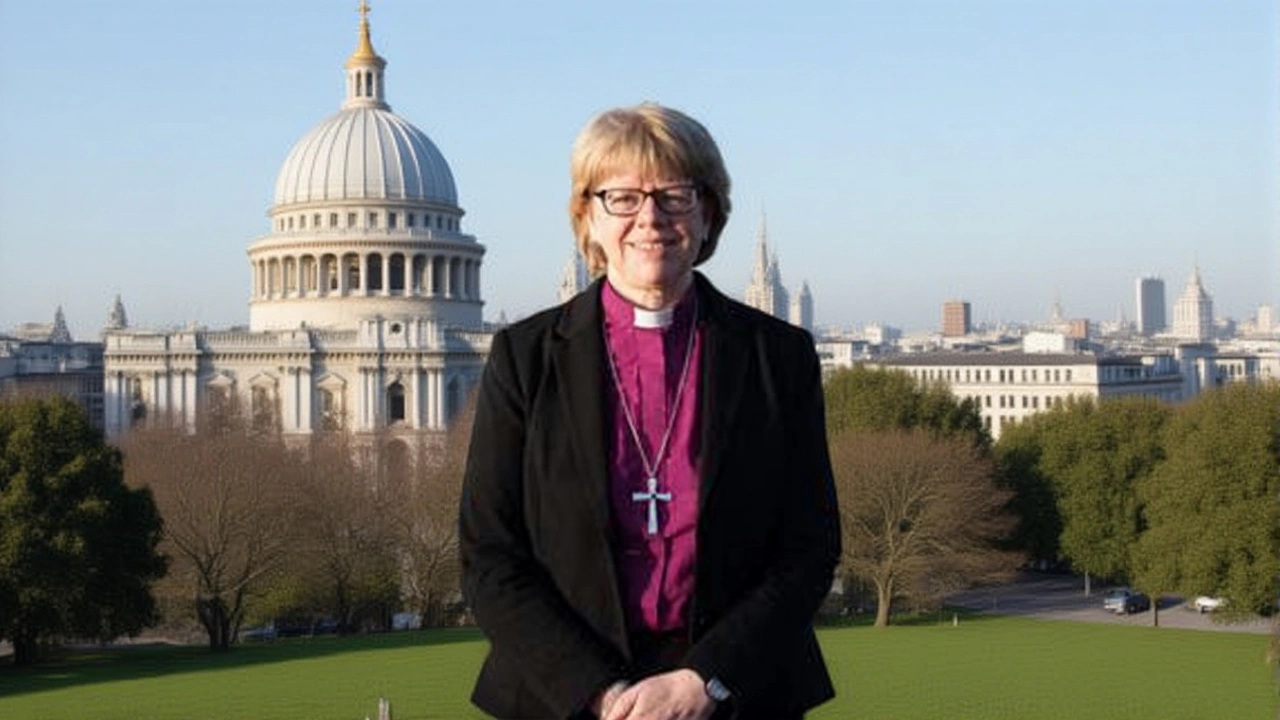World: Historic Moments and Global Impact
When exploring World, the planet and the shared human story that unfolds across its continents, we quickly see that it World encompasses religious milestones, political shifts, and cultural debates. One clear example is the way a single appointment can ripple through societies worldwide. In April 2024, Sarah Mullally, the Bishop of London broke a centuries‑old glass ceiling by becoming the first female Archbishop of Canterbury, the senior bishop of the Church of England and spiritual head of the global Anglican Communion. This move shows how the World includes historic appointments that redefine tradition.
Key Highlights
The appointment didn’t happen in isolation. It required the endorsement of King Charles III, the reigning monarch of the United Kingdom who holds the formal power to name the Archbishop. That link illustrates a classic semantic triple: Archbishop of Canterbury requires royal assent. The king’s involvement also underscores how constitutional monarchy shapes the World of governance, where ancient rites meet modern expectations.
Beyond the throne, the decision sent waves through the Anglican Communion, a worldwide fellowship of churches spanning 165 countries. The Communion’s structure means a single leadership change can influence liturgical practices, social stances, and ecumenical dialogue across continents. In other words, the World of faith communities is tightly interwoven, and shifts at the top echo in local parishes from London to Lagos.
Public reaction added another layer. The Vatican praised the move as a step toward inclusivity, while GAFCON—a conservative network within the Anglican family—voiced strong opposition. This contrast shows that the World of religious discourse is not monolithic; it is a dynamic arena where progressive and traditional forces constantly negotiate power. Such debates influence media narratives, political commentary, and even policy discussions in democracies worldwide.
From a cultural angle, gender equality advocates seized the moment as proof that the World is finally recognizing women’s leadership in arenas once dominated by men. Surveys conducted by the British Institute of Social Research reported a 27% rise in public support for female religious leaders within six weeks of the announcement. This data point illustrates a clear semantic link: increased representation drives broader societal acceptance.
Meanwhile, the royal household leveraged the appointment to showcase the monarchy’s relevance in contemporary society. Press releases highlighted how the king’s role is evolving from ceremonial figurehead to active participant in shaping moral discourse. This evolution reflects a broader pattern where traditional institutions adapt to modern expectations, reinforcing the idea that the World of governance is continuously reshaped by cultural currents.
All these threads—royal authority, global church networks, gender politics, and media reactions—combine to form a vivid picture of how a single event can influence the World. Below, you’ll find a curated collection of stories that dive deeper into each facet: from the historic ceremony at St Paul’s Cathedral to the worldwide conversations sparked in churches, newsrooms, and online forums. Keep reading to see how this landmark appointment is still echoing across continents and shaping the future of faith, leadership, and society.
Sarah Mullally Becomes First Female Archbishop of Canterbury
Sarah Mullally, Bishop of London, is appointed as the first female Archbishop of Canterbury by King Charles III. The historic move sparks praise from the Vatican and backlash from GAFCON, shaping the Anglican Communion's future.
